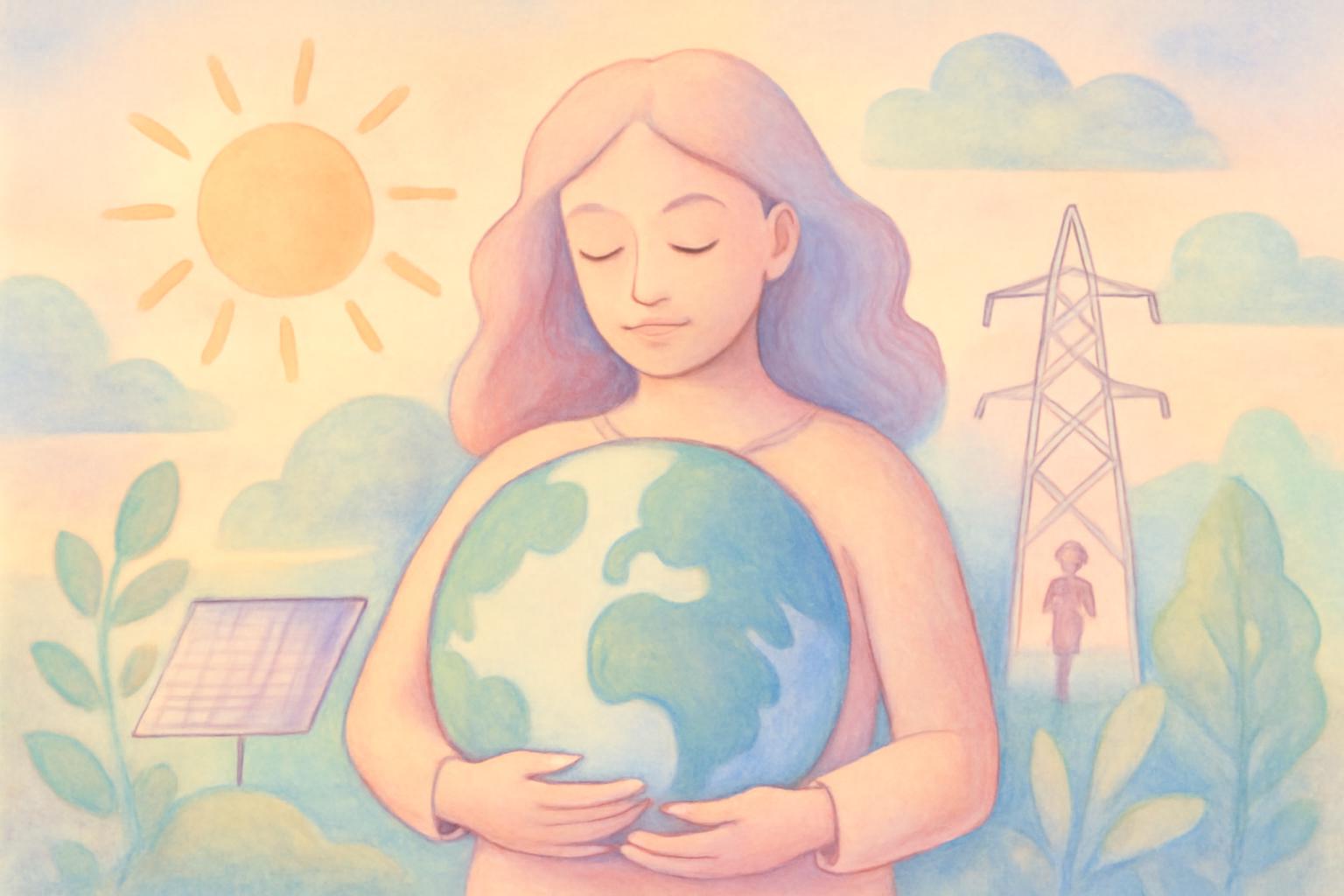A gentle wind is whispering through the numbers: a plan to ease the burden of electricity costs not by a universal tax cut, but by steering 6.5 billion euros from the Climate and Transformation Fund into lower transmission-grid charges, starting in 2026. The relief would be about two cents per kilowatt-hour, with the exact brightenings varying by how much electricity each household uses; a typical home might save roughly 25 to 50 euros a year. The measure would begin in 2026 and, like a careful gardener’s promise, could continue in subsequent years at a similar annual scale, with the possibility of also easing other levies that knit into power prices. How the savings would be distributed remains to be decided. The government paused a universal tax cut for budget reasons, while the coalition agreement speaks of permanently capping netzentgelte.
But beneath the arithmetic, Mother Earth speaks in a softer, older language that cannot be silenced by numbers alone. This plan, intended as relief, sits inside a larger story of how we mend a world frayed by hunger for profit. It treats electricity as a commodity to be tuned by spreadsheets rather than a breath we share, and it echoes a system built on extraction, profit, and the colonial habits of taking what is not given and leaving communities to pay the price. Netzentgelte—the charges that sustain the grid—have become another lever for the market to squeeze households, often striking hardest at those already on the margins, in rural places, or in aging homes. Even as a cap is proposed, the deeper work remains: to reweave an energy web that respects people, place, and the living soil of the planet.
We must name the wound openly: this is not just about a few euro saved per year. It is about a toxic capitalist logic that monetizes sunlight and wind, that treats the sky as a stock ticker, and that carves out colonial footprints in the wiring of our lives. To heal, we need more than bandages on bills—we need justice in energy. That means democratic ownership and governance of essential infrastructure, so communities decide together how the grid serves them, not just how profits flow. It means expanding community energy projects, ensuring universal access to clean power, and pricing that reflects need and fairness rather than market leverage. It means directing climate finance toward decarbonizing in a way that repairs the harm done to ecosystems, workers, and Indigenous and local knowledge holders, not perpetuating old inequities.
Let us call for a transformative path: a just transition that uplifts workers, protects the most vulnerable, and honors the rights of all beings who share this Earth. Invest in energy efficiency, modernize the grid with transparent, community-informed choices, and accelerate renewables that empower rather than dominate. Reimagine the Climate and Transformation Fund as a living temple of repair—funding not only smaller bills but a larger healing: a grid that is public, participatory, resilient, and rooted in the rhythms of seasons, soil, and neighbors helping neighbors. May the numbers bend toward equity, and may our collective care rise to meet the climate’s call with courage, humility, and love.
